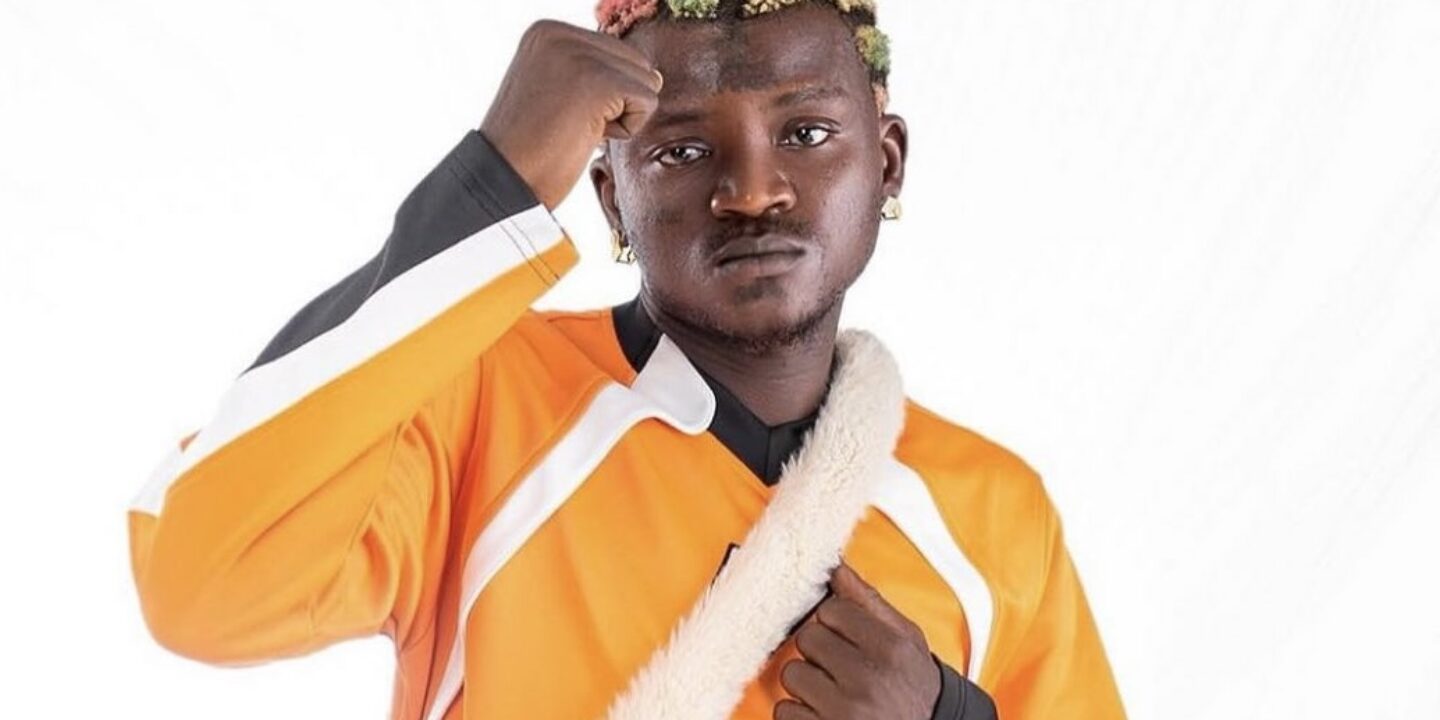In today’s edition: Kenya wants social media platforms to have boots on the ground || Who pays the price in the bank vs telco USSD face-off? || World Bank pledges $500 million to Nigeria's 90,000km fibre project || Funding tracker



TGIF
It’s about that time when we ask you to go to the bottom of the newsletter and tell us how we’ve done with TC Daily this week.
If you loved the editions, let us know by clicking “Loved It!” and if you think there’s something we can do better, let us know!

Regulation
Kenya wants social media platforms to have boots on the ground
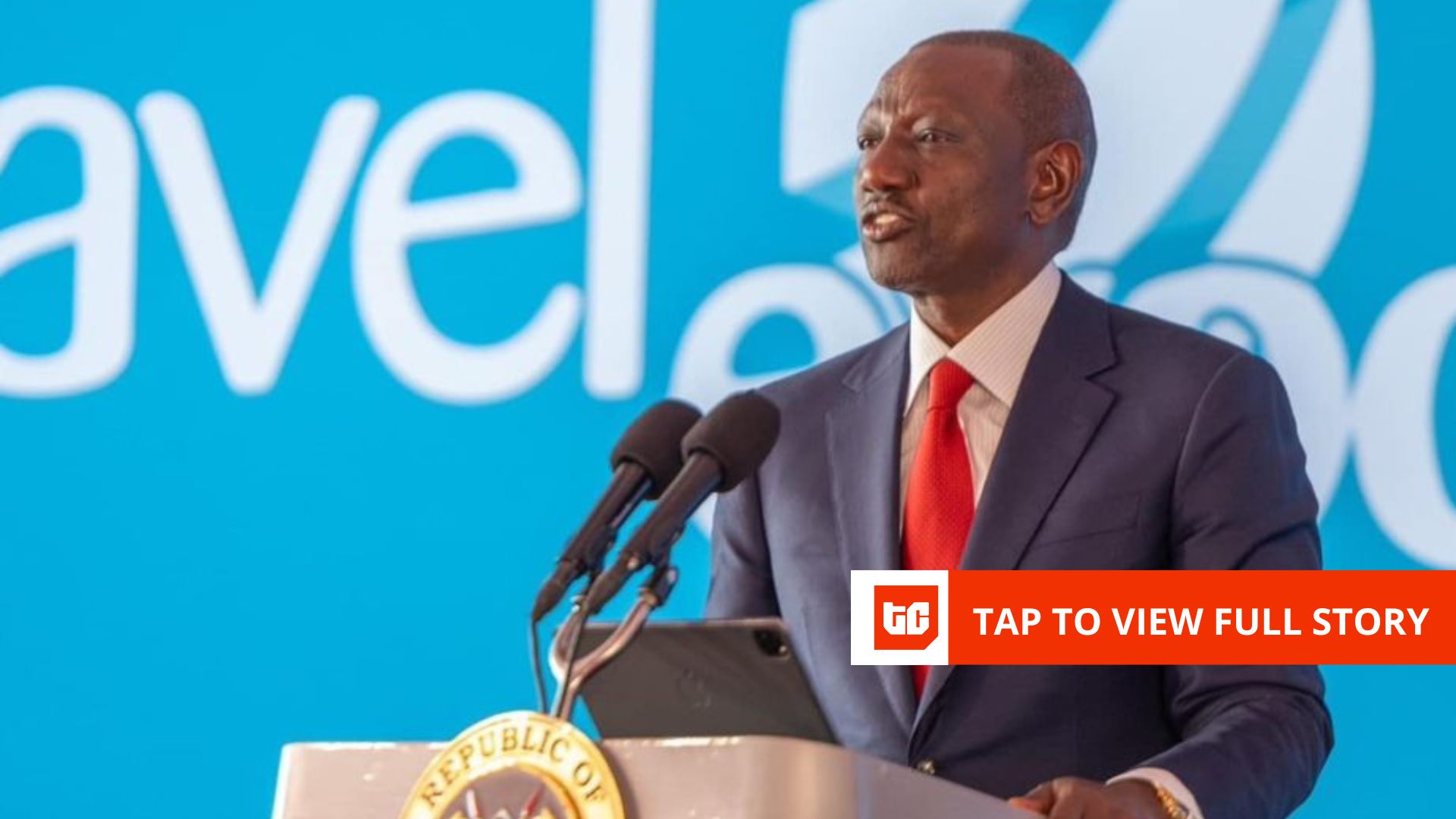
The hashtag #RejectFinanceBill2024 amassed over 6 million tweets during Kenya’s protests against the proposed finance bill in 2024. The bill, which sought to increase taxes across the board, sparked widespread public outrage.
Kenyans relied heavily on social media to mobilize against the bill, sharing videos, photos, memes, and live streams, while also disseminating lawmakers’ and IMF officials’ contact details. This pressure, combined with mass protests across cities and towns, ultimately led to the bill being scrapped.
In the wake of these events, the Kenyan government is pushing for tighter regulation of social media platforms, including a requirement for them to establish local offices. Officials argue that having a local presence would allow for better oversight, improve collaboration in tackling issues like cyberbullying, hate speech, and incitement to violence, and ensure platforms comply with tax and labour regulations. Proponents also highlight that such measures are increasingly standard in many countries, where local offices facilitate quicker responses to legal requests and help platforms tailor content moderation policies to local contexts.
However, critics fear the move could give the government with greater control over social media, enabling censorship and stifling dissent. The precedent set by Nigeria offers a cautionary tale. In 2021, the Nigerian government blocked Twitter after it deleted a tweet by President Muhammadu Buhari for violating its policies. Twitter had become a key platform for political organising, especially during the #EndSARS protests. The ban was only lifted in 2022 after Twitter agreed to several conditions, including opening a local office, registering as a broadcaster, and adhering to national security guidelines. Many viewed these requirements as attempts to limit the platform’s role in facilitating political activism.
Kenya now faces a similar balancing act: while addressing legitimate concerns around online harm and compliance, the government must also ensure its actions do not inadvertently suppress free expression or political dissent.
Collect payments Fincra anytime anywhere
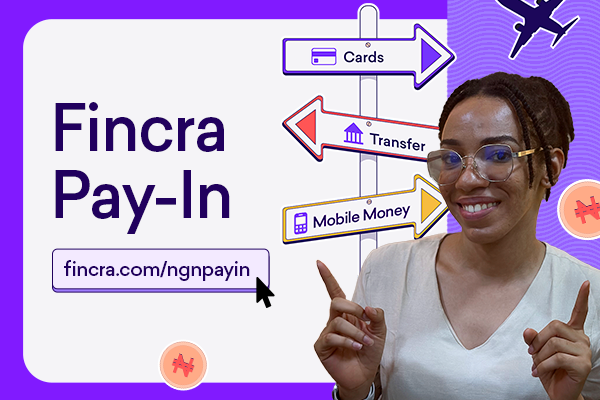
Are you dealing with the complexities of collecting payments in NGN, GHS or KES? Fincra’s payment gateway makes it easy to accept payments via cards, bank transfers, virtual accounts and mobile money. Get started now.
Banking
Who pays the price in the bank vs telco USSD face-off?
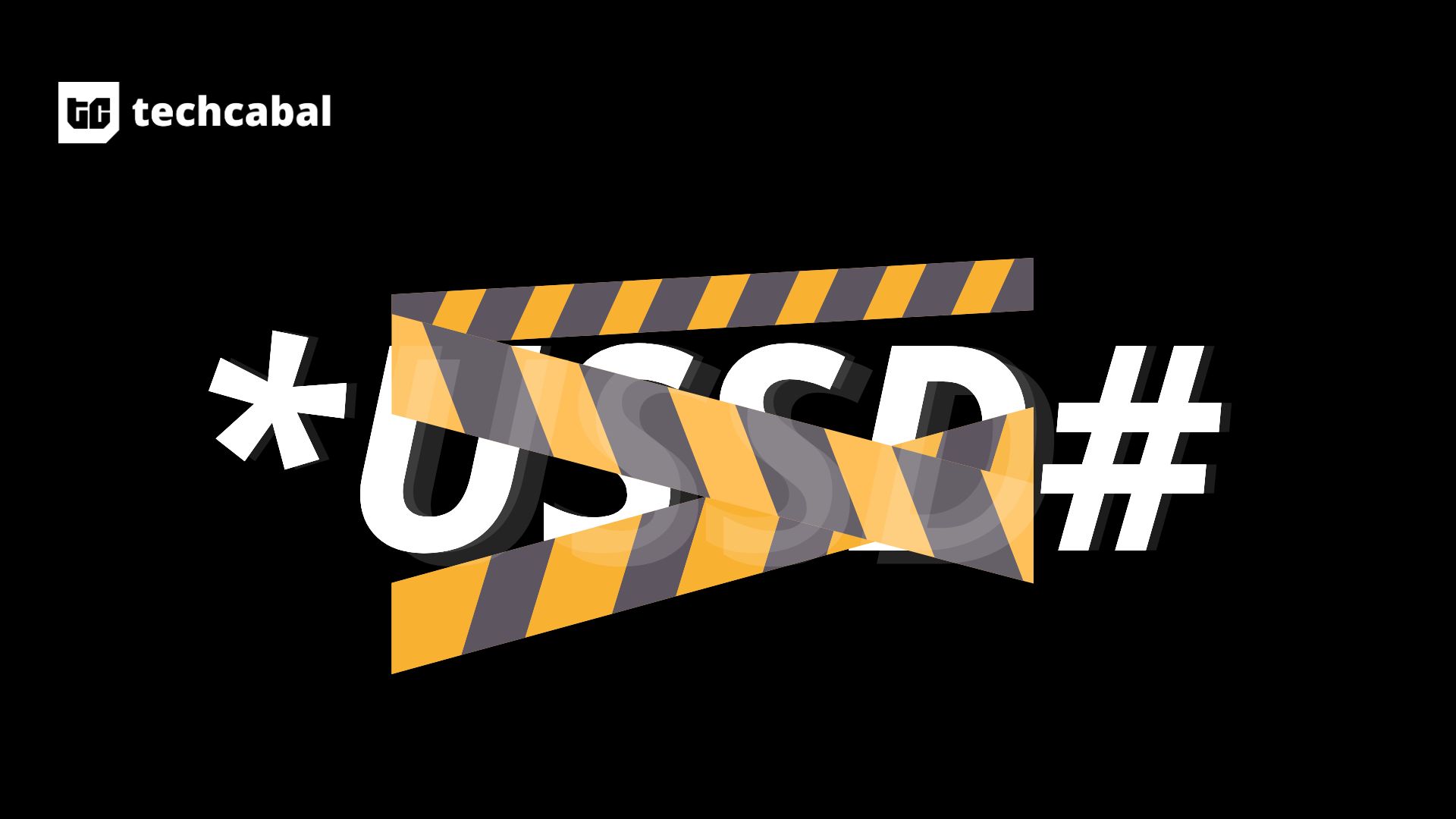
The Nigerian Communications Commission (NCC), the country’s communications regulator, has given telecom companies the go-ahead to cut off USSD services for nine banks over unpaid debts by January 27, 2025.
The commercial banks are Fidelity Bank, First City Monument Bank, Jaiz Bank, Polaris Bank, Sterling Bank, United Bank for Africa, Unity Bank, Wema Bank, and Zenith Bank.
Since 2019, banks have accumulated debts owed to telcos for USSD services. In November 2024, this amount reached ₦250 billion ($160 billion).
Multiple lobbying by telcos has forced the NCC and other regulators to investigate the matter. With joint efforts with the Central Bank of Nigeria (CBN), the NCC has tried to rein in banks. In September 2024, it instructed banks to pay off their debts, but some refused to comply.
As a result, the NCC and CBN issued a joint circular on December 20, 2024, stating that banks that refused to settle their debts by January 27, 2025, would be locked out of the USSD service, possibly shutting off millions of Nigerian retail banking customers—who use USSD for everyday banking—from critical mobile banking services.
USSD is especially important for older Nigerians and people in rural areas who rely on basic phones without internet access.
If banks end up clearing their debt to telcos, the NCC plans to transition to using an end-user billing process where customers pay telcos directly for USSD services, bypassing banks—which seem to want no part of it—in the future. While this will curb any debt issue, it raises questions about how this process will work and how much financial information, if any, will be shared with telcos.
Internet
World Bank pledges $500 million to Nigeria’s 90,000km fibre project
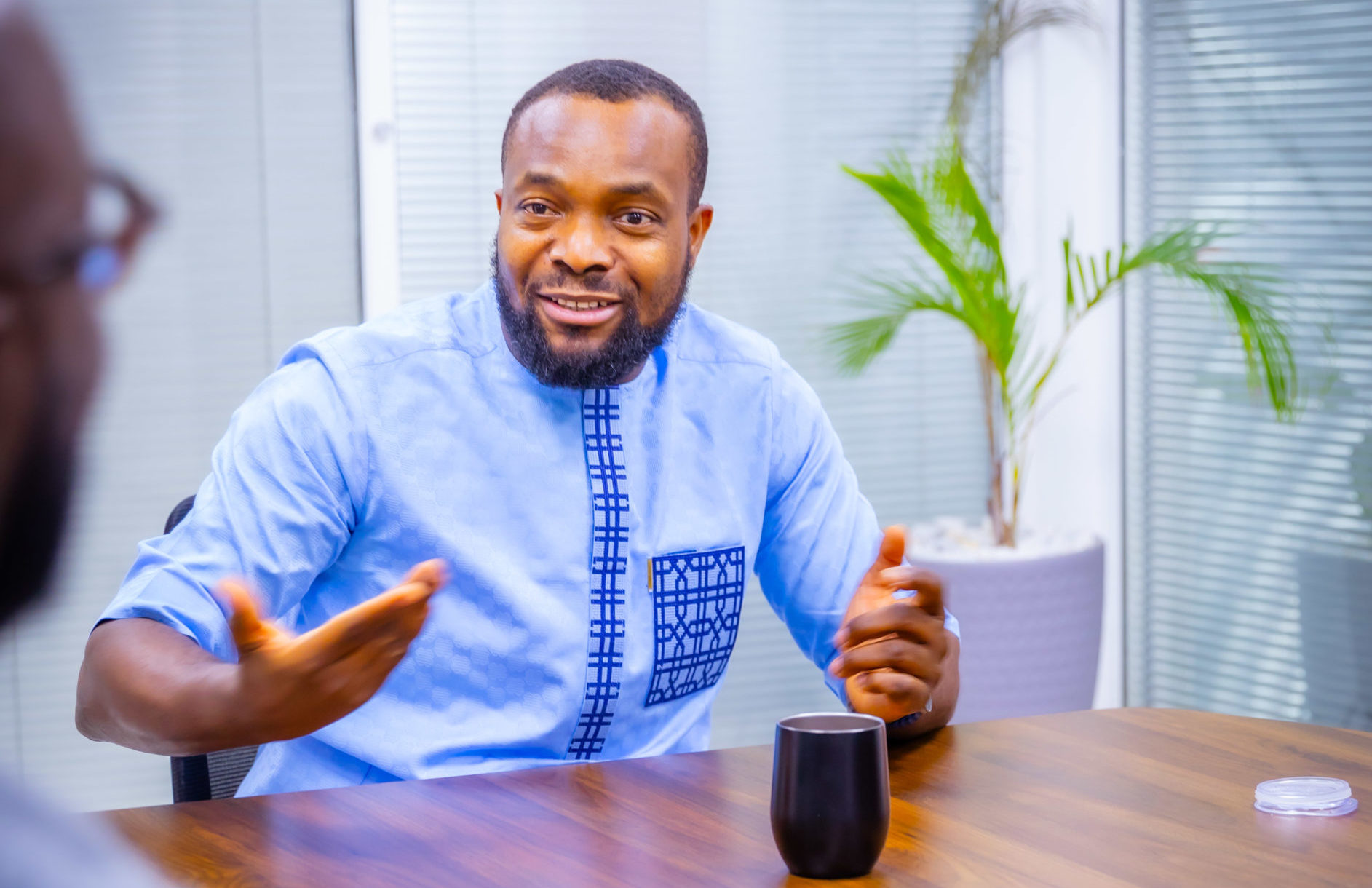
The World Bank has pledged $500 million to Nigeria’s ambitious 90,000km fibre optic project by Q3 2025. This contribution, while significant, covers only part of the $3.2 billion required for the project.
On Tuesday, the US signed a $2 million grant. At the same time, a coalition of development finance institutions (DFIs), including the Islamic Development Bank and the African Development Bank, have also expressed financial commitment.
Since taking office, Minister of Communications, Technology, and Innovation Bosun Tijani has prioritised building a national fibre backbone to extend high-speed internet access, particularly to underserved rural areas. Expanding the network to 125,000km would address longstanding infrastructure gaps and improve digital connectivity across the country.
The ministry has continued attracting financial backers, showing growing confidence in the ambitious fibre project. However, these pledges remain theoretical. Without solid proof-of-work, it could stall momentum.
Another key area Minister Tijani still has to address is the fragmented state policies around the implementation of the backbone project, as well as the alignment of telcos, government, and other parties involved.
The funding commitments are a progressive sign, but whether Nigeria and Minster Tijani can reach their goals will depend on resolving these micro issues. Given the funding momentum, it is hard to bet against the success of the project—but not necessarily on the time it would take for Nigeria to achieve this.
Initially a two-year project, it now seems the minister has conceded that the 90,000km backbone project will take longer than planned. According to Minister Tijani, trenching will begin by Q3 2025 to deploy the fibre project by 2031.
Is this still a long shot? We will have to wait and see
Want a U.S. Business Address in Silicon Valley for Just $50/Month?
Launch your startup in Silicon Valley with Malaika! For just $50/month, gain a prestigious Lombard Street address, boosting credibility and investor confidence. Enjoy 24 workspace days in a vibrant environment, plus startup credits and support to fuel your growth. Access meeting rooms, a content studio, and a thriving founders community. Get a U.S. address, network, resources, and more for only $600/year. Learn more and subscribe now!
TC Insights
Funding tracker
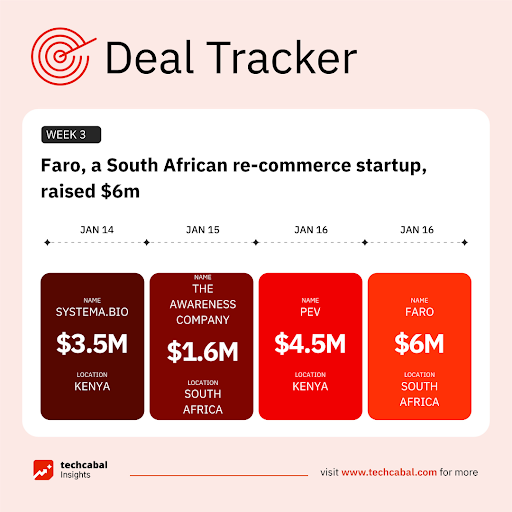
This week, South African re-commerce startup FARO secured $6 million in funding. The round was led by JP Zammitt, President of Bloomberg, with participation from Presight Capital, Garage Ventures, and prominent individual investors, including Mato Perić (MPGI) and Leonard Stiegeler (Pulse). (January 16)
Here are other deals for the week:
- Kenya-based venture studio Purple Elephant Ventures (PEV) raised $4.5 million in seed funding and was backed by notable investors, including Clear Creek Investment B.V, Klister Corp., Fede Pirzo-Biroli (Playfair Capital founder), and Ian McCaig. (January 16)
- The Awareness Company, a South African SaaS startup, raised $1.6 million in seed funding. The round included participation from NEXT176, Holocene, Catalyst Fund, E Squared, Aions, and Jozi Angels. (January 15)
- Sistema.bio, a Kenya-based company focused on renewable energy access for smallholder farmers, received $3.5 million in investment from Novastar Ventures. (January 14)
Follow us on Twitter, Instagram, and LinkedIn for more funding announcements. Before you go, read our predictions on what to expect in African tech in 2025. Click this link to read it
CRYPTO TRACKER
The World Wide Web3
Events
- The Lagos Tech Fest is set to hold its fifth edition from February 19–20, 2025 at the Landmark Event Center, VI, Lagos. Lagos Tech Fest gathers startups, innovators, investors, and government representatives to shape Nigeria’s tech future through conferences, exhibitions, networking, and driving ecosystem investments. Get a ticket here.

Written by: Stephen Agwaibor, Emmanuel Nwosu & Faith Omoniyi
Edited by: Timi Odueso & Olumuyiwa Olowogboyega
Want more of TechCabal?
Sign up for our insightful newsletters on the business and economy of tech in Africa.
- The Next Wave: futuristic analysis of the business of tech in Africa.
- TC Scoops: breaking news from TechCabal
P:S If you’re often missing TC Daily in your inbox, check your Promotions folder and move any edition of TC Daily from “Promotions” to your “Main” or “Primary” folder and TC Daily will always come to you.

What's Your Reaction?














